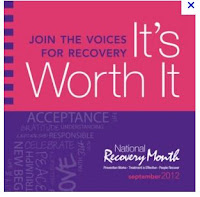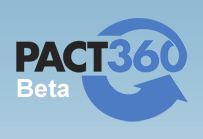Tis the season of giving, but as you invite family and
friends into your home for holiday festivities, beware – for some, it is also
the season for taking. According to the White House Office of National Drug
Control Policy, most teens initially get prescription pills from family and
friends, including straight from home medicine cabinets. And it’s not
just teens.
Prescription drug abuse has become an epidemic in the United
States. Deaths from prescription drug overdoses have become the second leading
cause of accidental deaths nationwide, and the leading cause in as many as 15
states.
“Prescription pill abusers are no different than those that
are addicted to illicit drugs like meth or heroin. They will go to great
lengths to get their fix. I can’t stress enough the importance of safeguarding
your medications,” says Lora Brown, MD, a Pain Management Physician and Medical
Director for WAKE UP!, a community educational campaign created to combat the
increase in prescription drug abuse among teenagers.
Brown
says that you should always safeguard your medicine, but it’s especially
important during the holidays when friends, family, neighbors and sometimes
strangers are invited into our homes. Don’t discuss what medications you
are taking with anyone but your medical or mental health team, and keep the
medications in a secure place at all times. Often these medications are stolen
from medicine cabinets and nightstands. Addicts have been known to break into
homes where they suspect they can find meds, as well as assault someone who is
in possession of the prescription medication they desire.
About WAKE UP!:
WAKE UP! is a community educational
campaign established by The Pain Truth, a Florida 501(c)(3), to combat the increase in prescription drug abuse
among teenagers. It is designed to use science, not scare tactics, to educate teenagers of the effects and dangers
of prescription drugs. The program uses a school “takeover” approach to reach thousands of students and their
families with an extended program designed to teach not preach about the
dangers of abusing and misusing prescription
drugs. This program is unique in many ways. One of the most important aspects is sustainability through a
school-based CORE of students and educators that remain present and active long
after the original campaign is complete.
Follow them on Twitter and use hashtag #WAKEUP










